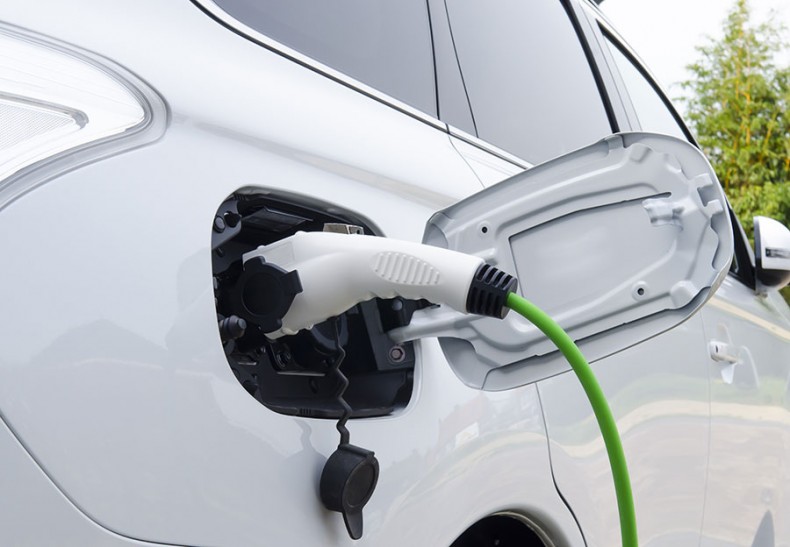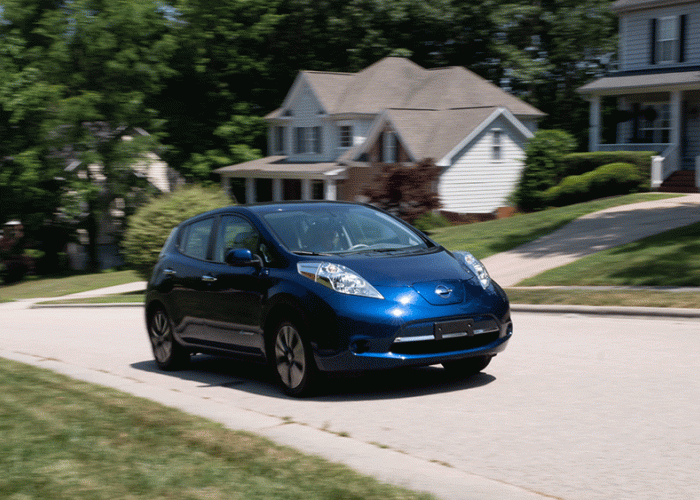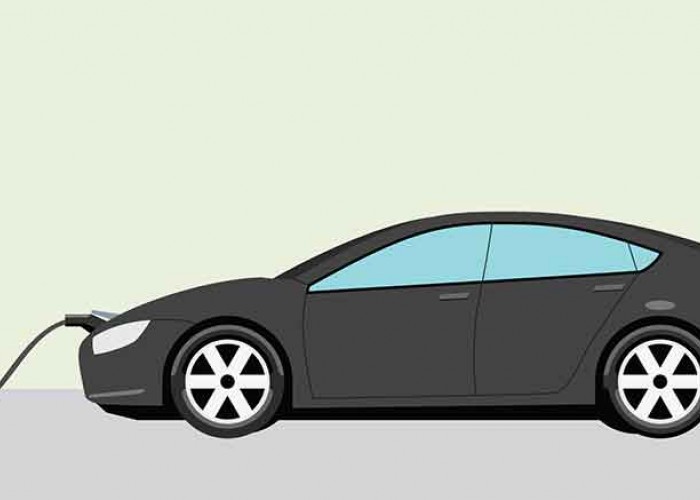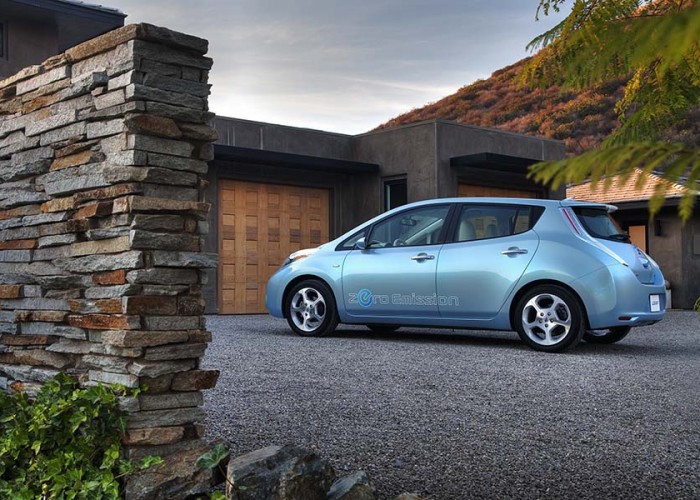Electric Vehicle Battery Life
How long do EV batteries last?
By Lisa Poger and Jonathan Coulter
Q: I enjoy reading articles about electric vehicles. However, I have never seen anyone say how long the batteries last or what it will cost to replace them. I am sure a lot of readers thinking of buying one would like this information.
A: Well, the response is often “it depends.” Many electric vehicle (EV) models come with an 8-year/100,000-mile warranty, but some do not.
While there is little agreement in the EV industry as to how long a vehicle battery will last, there is strong agreement and data that proves the more energy used from the battery between charges, the shorter the battery’s life. As a result, there are some in the industry who have adopted the charging phrase of “graze not gorge” to encourage regular short charging sessions as opposed to using the vehicle until the battery is depleted.
There are a few common conditions that may cause high energy usage of the battery and possibly contribute to shorter battery life:
- High temperatures
- Overcharging
- Frequent driving with battery less than half full
- Frequent quick accelerations
As far as the cost to replace a battery when the vehicle is past warranty, prices vary from $5,500 on up. There is also an option to refurbish battery packs for about half the cost of a full replacement. Additionally, battery prices continue to drop, so the replacement cost may decline in the future.
Lastly, there is a concern about the disposal of old batteries. Thankfully, we are beginning to see the batteries being recycled or used as part of energy storage systems. This will keep the batteries out of landfills and enable them to be used for years after they are removed from the vehicles.
For example, Nissan has launched an initiative that uses old Nissan LEAF batteries as energy storage for streetlights. The lights have a solar panel that generates energy, which is then stored in the battery. At night, the battery provides the power to run the streetlight.
As battery technology continues to develop, we will see the life of batteries extend and the cost of refurbishments and replacements decrease. It also is encouraging to see options for a second life for batteries after they are removed from vehicles.
About the Author
Lisa Poger is the Electric Transportation Specialist and Jonathan Coulter is the Building Science Specialist for Advanced Energy in Raleigh.-
Learn more about Electric Vehicles
-
Share this story:






Comments (2)
Gloria Matthews |
May 18, 2021 |
reply
As for national numbers, the National Renewable Energy Laboratory (NREL) is tracking trends. During the first three months of 2020, individual EV charging outlets and charging stations grew 7.6%, according to NREL.
"Since about 2011, we've seen strong year-over-year growth in charging infrastructure," said NREL Project Manager Abby Brown. "Between December of 2015 and 2019 alone, for example, the number of charging stations doubled. It was much the same in early 2020: more growth in all parts of the country."
I hope this helps!
Carolina Country |
May 25, 2021 |
reply